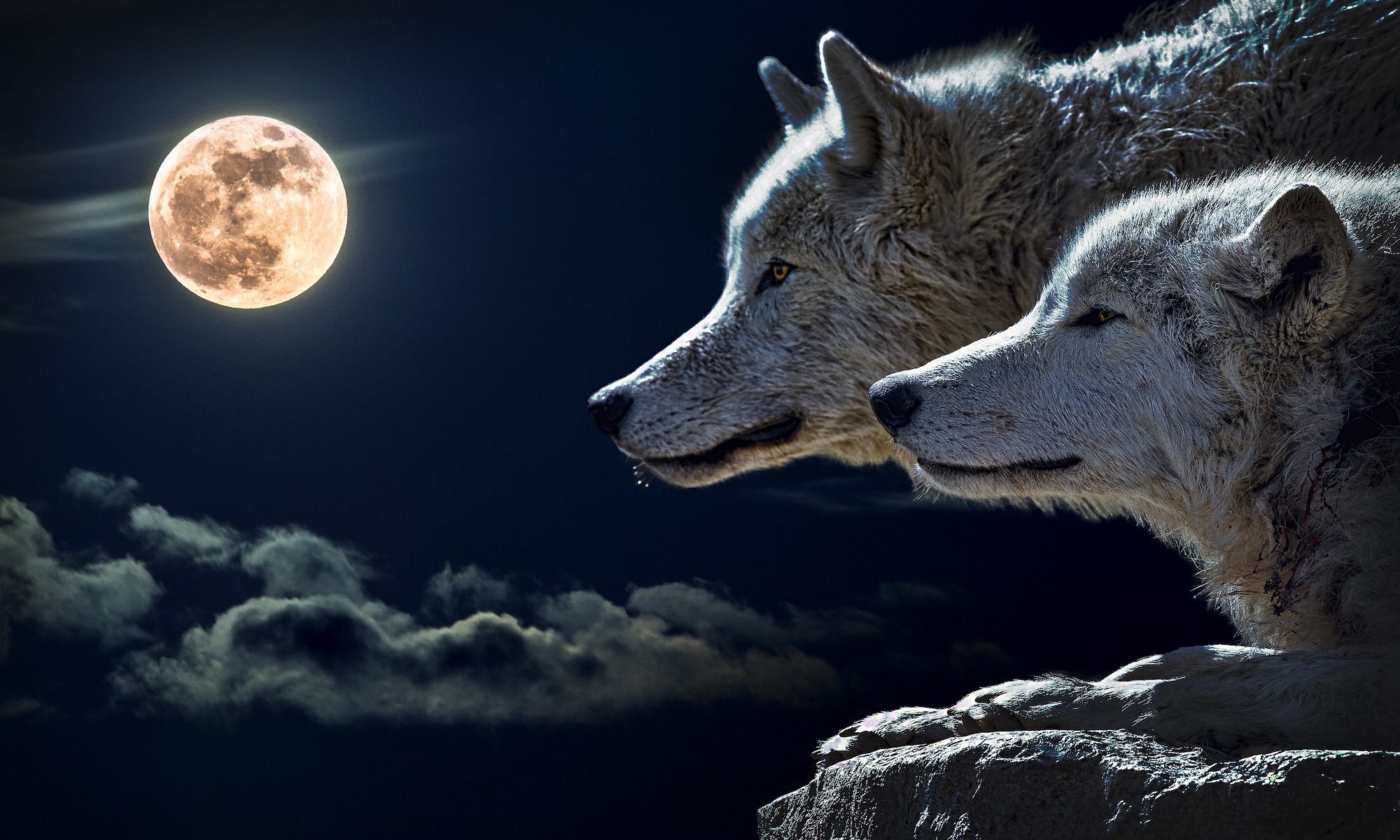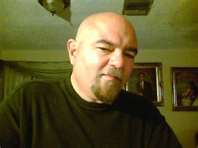
This is a fitting story to share with all of you during Fall and the beginning of Winter. It’s a new tale, fresh with a mixed brew of emotions and haunting whispers. It is one story I thought I would never tell only because my experiences with ghosts have never been with the Civil War, only the old west towns of my home state, New Mexico and those along my travels as a cowgirl.
Sometimes spirits reach out to those who can feel them, hear them and relay the replays of life that went on years past. They whisper the echoes of torment, languishing pain and the truth of how death does not end their soul’s convictions…it only prolongs the outcome of their inevitable actions, if such have the fallacy of intolerance.
What wayward souls can not comprehend, they cannot see and because of this, they cannot rest.
With this being said, I will now share with you the story of my travels with my sister Holly, to Carnton Plantation just a few minutes from Franklin, Tennessee where the Battle of Franklin took place in November 30, 1864.
Just a mere two weeks ago, I went to Nashville to visit my sister and to enjoy the southern hospitality she is known for. My sister is a fabulous cook, the hostess with the mostess in all aspects of making anyone feel right at home. The area where she lives is not too far from the town of Franklin, a place that oozes with the shadowy memoirs of a sorrowful past. I realized the moment Holly took me through this beautiful town; I was literally thrust back in time, no time machine needed here because the surroundings emulated old Southern pride. It’s a déjà vu kind of feeling but as a Yankee, it felt a little unnerving. The architecture through out the town with the churches and homes held within their walls the echoes of people running, yelling, and the distant thunder of gun fire. It was still in the air and I could feel the emotions with every fiber of my being. Holly and I are empaths, we feel places and with this ability we can smell the flowery aromas of perfume or the trepidation and stench of death. This ability is in our family, it’s in our blood.
The day after traveling through the striking town of Franklin, Holly somehow without forethought but I’m pretty sure, pure intuition, drove right by the Carnton Plantation as if planned and on queue. She said she had never been there before and was quite surprised to have driven by there on our way to another plantation. We decided immediately that we were destined to go to this one instead. The land seemed to whisper secrets through the car windows to us and then there seemed to be an urgency to our summoning. As Holly turned the car around, we almost went down a one way road the wrong way. It was a bit confusing at first but interestingly enough that confusion never left us even as we drove up the one lane road. We could see that this plantation was not only massive but obviously an important historical landmark. As we drove into the parking lot, the house sat back behind what looked like a large barn and to our right was a cemetery that had huge headstones peaking out from the iron fence.
With my persuasion, we first went to the cemetery because it was up on a hill and I wanted to look around and see the vast green land that encircled the cemetery. Holly stated she had reservations about entering the cemetery but like a trouper, she ventured forward with me. There seemed to be an odd feeling that almost felt like we had walked into a bubble or a time warp from the past. The air was different, birds crowed and yelled down at us and we both felt the immediate sense of sadness and the traumatic demise of all the soldiers within the cemetery. There are nearly 1,500 Confederate soldiers buried at the cemetery who were casualties of the Battle of Franklin. Carrie Winder McGavock was in charge of the soldiers brought to Carnton which was to become the largest field hospital in the area for the wounded. There were at least 150 Confederate soldiers who died that first night at Carnton from the battle. There are still blood stains on the floorboards of the main house to this day.
When we entered the cemetery none of this information was known to us. We understood the severity of what all the men had gone through because we could feel it in our bones. It was with this emotion, this connection that the first communication with some of the spirits of the cemetery started to happen.
I heard a mans voice say softly to me, “How is Elizabeth?”
Wait a minute; I went…no, he said Lizbett. I thought I must have gotten the name wrong but when he said it again, he said it more forcefully and I knew for sure he was saying the name Lizbett. I told him I was sorry that I didn’t know her. I asked my sister if that was a Southern name and she said she thought so.
We walked through the main entrance and Holly said she didn’t feel right, she almost felt like she didn’t want to go forward. I had trepidations myself but I walked a little ways past the family gravestones to the entrance to where the Confederate soldiers were buried. Holly walked with me and we immediately stepped to our left, looking at the first of granite markers. We saw two copper pennies on top of two markers and we both wondered what the significance of that was. It was at this very moment that a young mans voice came to me, talking in my right ear and in my head, stating that he had died of a gun shot wound and he wanted to show me where he was shot. I didn’t want to know but he didn’t let up and upon hearing him say, “I got shot in my stomach,” I felt the first stinging pains in my own stomach right where my belly button is. I told Holly my stomach hurt and when we turned to face the dirt path that went down the middle of the markers, we did an about face and left the cemetery. It was just too much.
This young soldier would not let up. It was imperative for him that he tell me what happened to him. I finally acquiesced, letting him know I would listen.
He started from the moment he was shot. He said he was down for about an hour. It hurt like hell and he didn’t think at the time it was something he would die from. He knew men were down around him but he thought if he could get help, he would be alright.
He knew he was bleeding out and he tried to calm himself down waiting for help to come. He was only 19 or maybe 20, young, full of hope, not really understanding the gravity of his situation. When help did arrive, he felt he would be taken on a stretcher and he would live to fight another day. There were three men, two carrying a stretcher and the other man checking wounds. They talked to him for a few minutes, looked at his wound and with grave faces told him there was nothing they could do for him. They were under orders to take and carry only those wounded that could be saved. They gave him his death sentence. He never saw it coming just like he never saw the bullet that hit him. He said he lay there for about three to four hours before he died. He couldn’t believe they left him and for him, the fact they did leave him was worse then getting shot. He felt alone when he died. I think this is why sometimes he’s not sure he’s dead. His memory stays within the confines of the bullet that brought him down. It’s an eternal pain that he shared with me, not just a physical one.

By the time he finished telling me his story, my stomach was burning and I felt as if my insides were on fire. The pressure on my stomach was intense; it was as if I literally had an opening gash that was bleeding out.
Holly and I entered the gift shop by the barn area and when we walked in, we both thought for a minute we might fall down from weak and shaky legs. I couldn’t really focus on any one item except for a book on Carnton. I felt like I should buy it but for some reason I didn’t. We decided to make a hasty departure to the car because neither one of us was feeling or doing well. I was bent over at this point from the pain in my stomach and Holly had a headache that was growing in intensity by the minute. The Carnton house was out of the question. Neither of us wanted to take the tour.
As I climbed into the car, from my right ear, I distinctly heard an angry male voice that seemed to be in his mid 40s to early 50’s. Discretion Advised! (Please understand that this is what I heard and not how I talk. I debated whether I should state what I heard and I feel it’s only right to write exactly what I heard.)
He said, “God Damn (N word)! Nobody is gonna tell me what I do with my property!”
I said, “Oh my God, Holly, you won’t believe what I just heard.” I then proceeded to tell her, word for word. She shook her head and said it was time for us to go. I was in shock and couldn’t believe the intense animosity coming from the male voice who spoke in my right ear. That kind of talk is just plain wrong and I found myself feeling disgusted at hearing it.
Holly drove down the one lane road exiting the plantation and it wasn’t until we were on the main road and driving away that we both started to feel better. For a minute we just looked at each other. Words were beyond us.
As a woman of the west, I must admit that I came back home with a tangled web of emotions. I had no idea the Civil War was fought in so many areas where my sister lives. I had no idea the mindset of the South lives on. Most of all, I had no idea how sad I would feel about the loss of life. It’s an intense feeling of sorrow with a raw edginess to it.
There is one thing for sure that I do know and that is that death makes every man and every woman equal because in the eyes of death,our humanity is all the same. What makes us individuals is our sense of self when we die. For these men of the Franklin Battle, they were comrades in arms and I think it’s this unity that keeps them there. They stay because of each other and they stay because in the end, they don’t seem to know the Battle of Franklin is over.
From Rainbow Radaelli – truthseekerhighway.com





